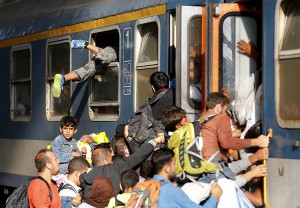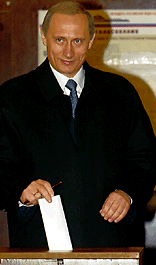National Puzzle Day: Rubik’s Cube
Friday, January 27th, 2023What has six colors, six faces, and can frustrate most people? A Rubik’s Cube! Sunday, January 29th, is National Puzzle Day! Puzzles are fun activities that are good for your brain. It exercises your brain to think in different ways. There are many different types of puzzles: crossword puzzles, sudoku, riddles, and more. Rubik’s Cube is a physical and mental puzzle that requires a lot of practice!
Rubik’s Cube is a puzzle game invented by the Hungarian professor and puzzle enthusiast Ernö Rubik in 1974. The puzzle takes the form of a cube. Each face of the cube features a three-by-three grid of colored blocks. The blocks are connected to a central core in such a way that rows of blocks can be moved by twisting. Play begins by twisting the cube at random to scramble the colors. The player solves the puzzle by returning each side of the cube to a single color. Rubik’s Cube has become a pop culture icon. It has earned a place in the Strong National Toy Hall of Fame in Rochester, New York, and the collection of the Museum of Modern Art in New York City.
Rubik was born July 13, 1944, in Budapest, Hungary. He trained as an architect and later taught at the Academy of Applied Arts and Crafts in Budapest. In 1974, Rubik used an early version of his puzzle game to teach his students about three-dimensional movement. His students loved the game. Rubik began selling his invention under the name Magic Cube in Hungarian toy shops in 1977. By 1980, his invention caught the attention of the Ideal Toy and Novelty Company, which licensed it. The company renamed the puzzle Rubik’s Cube. In just under two years, they sold over 100 million cubes.
The simple cube has been modified a few times over the years. Some later versions include larger grids of colors and different shapes. The construction of the Rubik’s Cube has also been improved—making the puzzle easier to twist and more durable—to aid in speedcubing competitions. In speedcubing, Rubik’s Cube fans compete to see who can solve the puzzle the fastest. Occasionally, additional challenges are added. These challenges may include solving the puzzle one-handed or even while juggling three cubes at the same time. In 1982, the puzzle was solved in 22.9 seconds at the first-ever Rubik’s Cube World Championships in Hungary. In later competitions, the puzzle has been solved in under 4 seconds.






